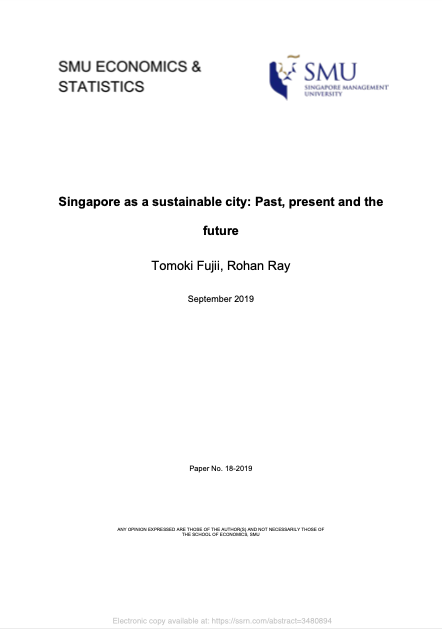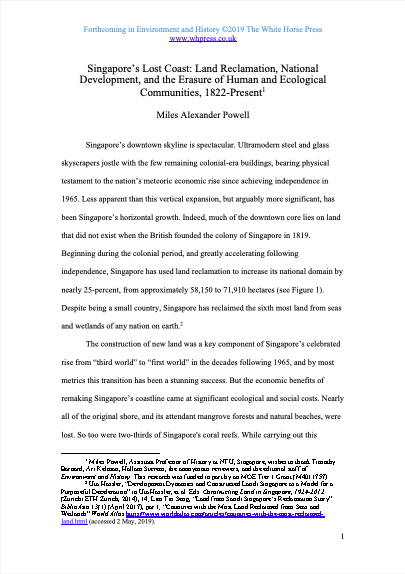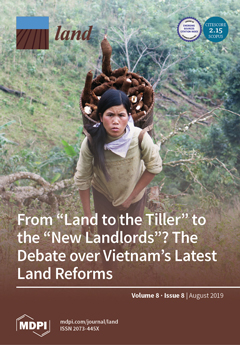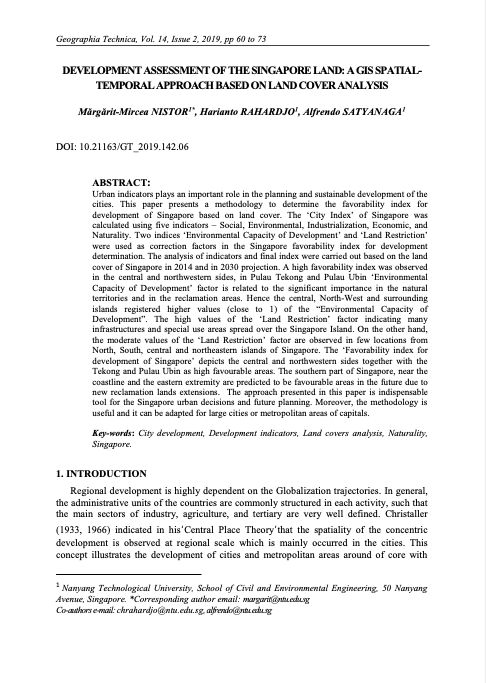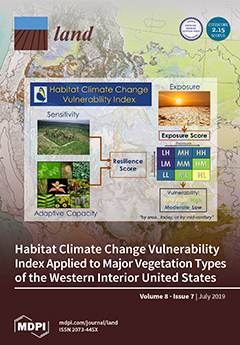Effecting change through an innovative financial product
This case study assesses how a new agricultural loan product is helping smallholder farmers to access loans by using their land use right as a guarantee..This resource was published in the frame of the Land Investment for Transformation (LIFT) Programme. For more information;please check: https://landportal.org/community/projects/land-investment-transformation...


